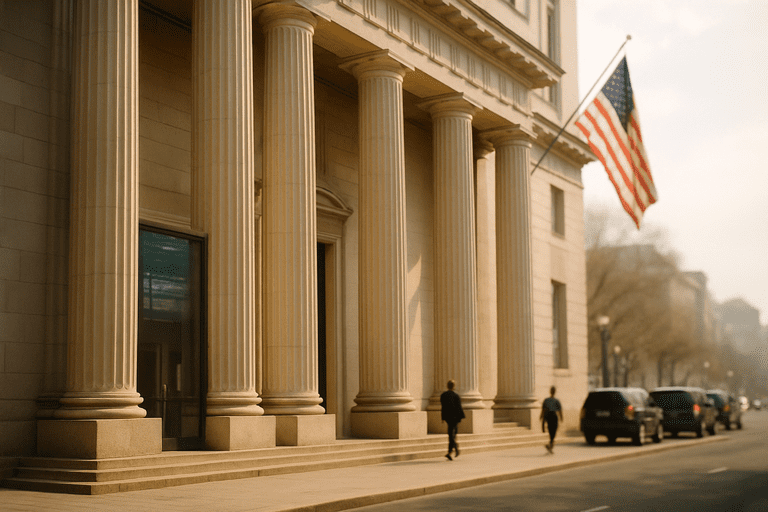🎧 Listen to the summary:
The administration’s executive order “Restoring Freedom of Speech and Ending Federal Censorship” should be read plainly as a display of governing resolve: an intentional, system‑wide push to hold powerful platforms and agencies accountable and to reclaim public space from unexamined content control. By directing the Attorney General to investigate federal‑agency interactions with online platforms and to produce remedial recommendations, the government is establishing a formal auditing mechanism where informal influence once reigned. That kind of audit will be disruptive by design — lengthy records reviews, subpoenaed documents, and forceful reporting — but those are precisely the tools of rigorous oversight.
At the same time, the Federal Trade Commission’s public inquiry into so‑called tech “censorship” and the Federal Communications Commission chair’s willingness to revisit statutory protections and broadcaster public‑interest obligations together amount to coordinated pressure from multiple levers of regulation and enforcement. This layered approach guarantees follow‑through; it also guarantees paperwork, compliance deadlines, and weeks or months of scrutiny for affected firms. The administration accepts these administrative burdens as the price of ensuring transparency.
New AI and contracting directives that favor vendors meeting “ideological neutrality” standards are similarly uncompromising. They introduce procurement checks that will reshape how models are trained and deployed for government use. The inevitable consequence — new certification processes, contract clauses, and vendor vetting — will impose real costs on companies and create short‑term legal uncertainty. Those consequences are not mistakes but proof the government is taking a hard line rather than offering mere words.
There are concrete trade‑offs. Platform operators, broadcasters, content moderators and marginalized users will experience distinct effects: larger firms must overhaul compliance and legal teams; smaller platforms and civil‑society groups may need to divert scarce staff and budgets to respond to overlapping FCC, FTC and DOJ scrutiny. Experts warn that dialing back moderation could increase harmful content and disproportionately affect vulnerable communities — a cost the administration acknowledges as an inevitable tension in a campaign to expand expressive space. Duplication of agency processes and the prospect of litigation are also baked in: overlapping records requests, public‑comment windows and internal reports will produce contested legal questions that courts and inspectors will resolve.
That combination — decisive action, visible costs, and inevitable legal fights — reads as a coherent strategy. The administration is willing to accept the friction it creates as the necessary toll of ambition, demonstrating seriousness through both enforcement and sacrifice.
—
Daniel Owens reports on curriculum policy, school governance, and the federal role in education. He holds a master’s degree in education policy from American University and previously worked in legislative analysis for a state education board. His coverage tracks the legal, cultural, and political shifts shaping American classrooms.



